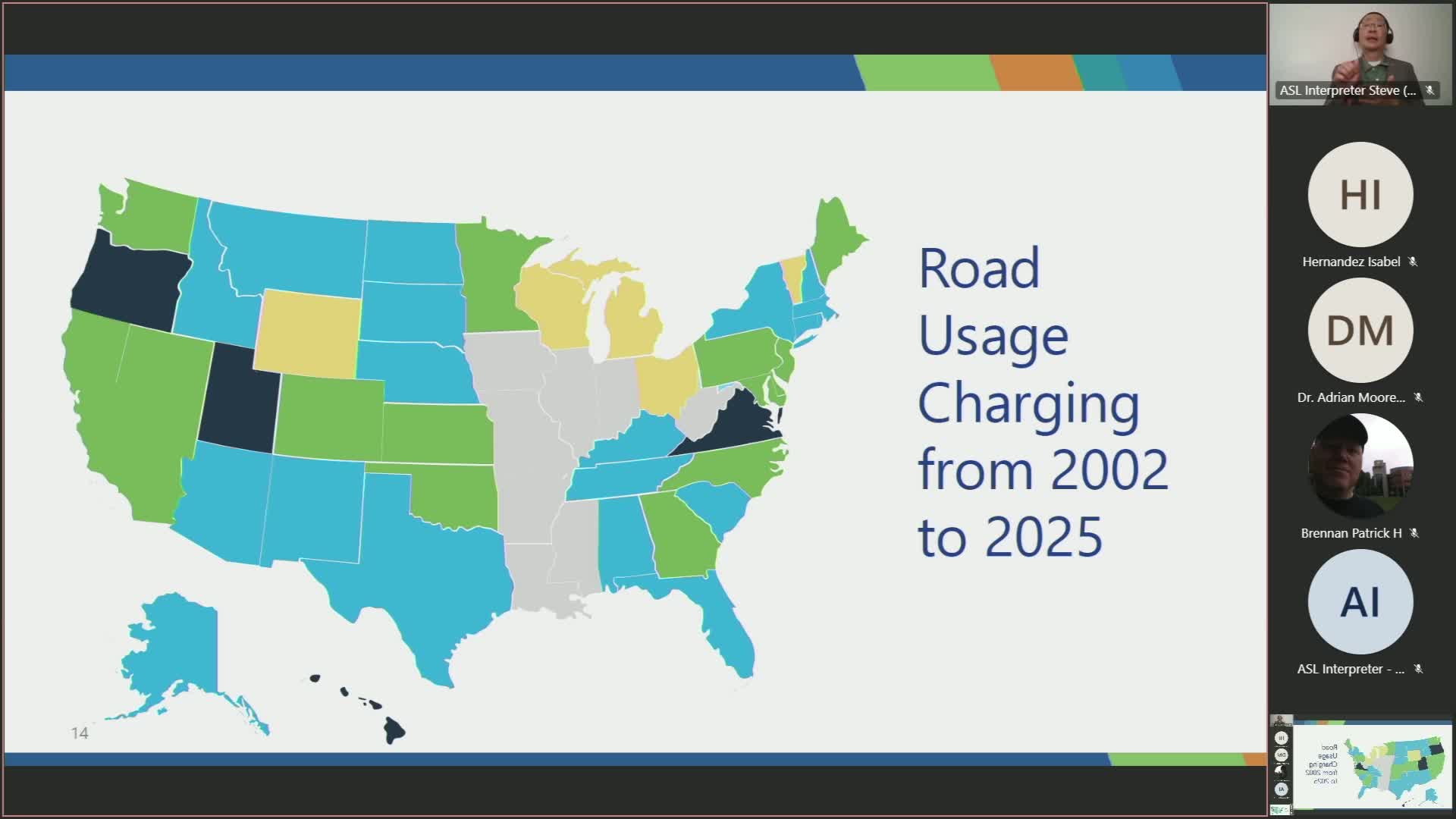Oregon prepares to implement statewide per mile road usage charge
March 25, 2025 | Transportation, Joint, Committees, Legislative, Oregon
Thanks to Scribe from Workplace AI , all articles about Oregon are free for you to enjoy throughout 2025!

This article was created by AI using a video recording of the meeting. It summarizes the key points discussed, but for full details and context, please refer to the video of the full meeting. Link to Full Meeting
The concept of a per-mile charge has gained traction as traditional gas tax revenues decline due to increasing fuel efficiency and the rise of electric vehicles. Advocates argue that a RUC could provide a more equitable and sustainable funding model for road maintenance and development. During the session, speakers emphasized that the technology and infrastructure necessary for such a system are now in place, thanks to innovations from private sector account managers involved with Orygo.
Key discussions included the financial implications of transitioning to a RUC. Legislators raised questions about the percentage of revenue that would need to be collected to maintain parity with existing gas tax revenues. Concerns were voiced regarding the feasibility of a 40% collection rate, with suggestions that a lower percentage, potentially between 5% and 10%, might be more practical as the system scales up. This reflects a broader negotiation process with private sector partners to ensure the program's viability.
Dr. Adrian Moore, vice president of the Mileage-Based User Fee Alliance, provided insights into the national context of RUC programs, noting that Oregon has been at the forefront of exploring this funding model since the early 2000s. His remarks underscored the importance of collaboration among states, technology companies, and policymakers to address the challenges of implementing a mileage-based system.
As the meeting concluded, the committee acknowledged the historical context and the extensive groundwork laid over the past 20 years. The discussions signal a potential turning point for Oregon's transportation funding strategy, with the legislative session serving as a critical juncture for advancing the RUC initiative. Stakeholders will be closely watching how these discussions evolve and what steps will be taken to implement this innovative funding approach in the coming months.
Converted from Joint Committee On Transportation 03/25/2025 5:00 PM meeting on March 25, 2025
Link to Full Meeting
Comments
View full meeting
This article is based on a recent meeting—watch the full video and explore the complete transcript for deeper insights into the discussion.
View full meeting
